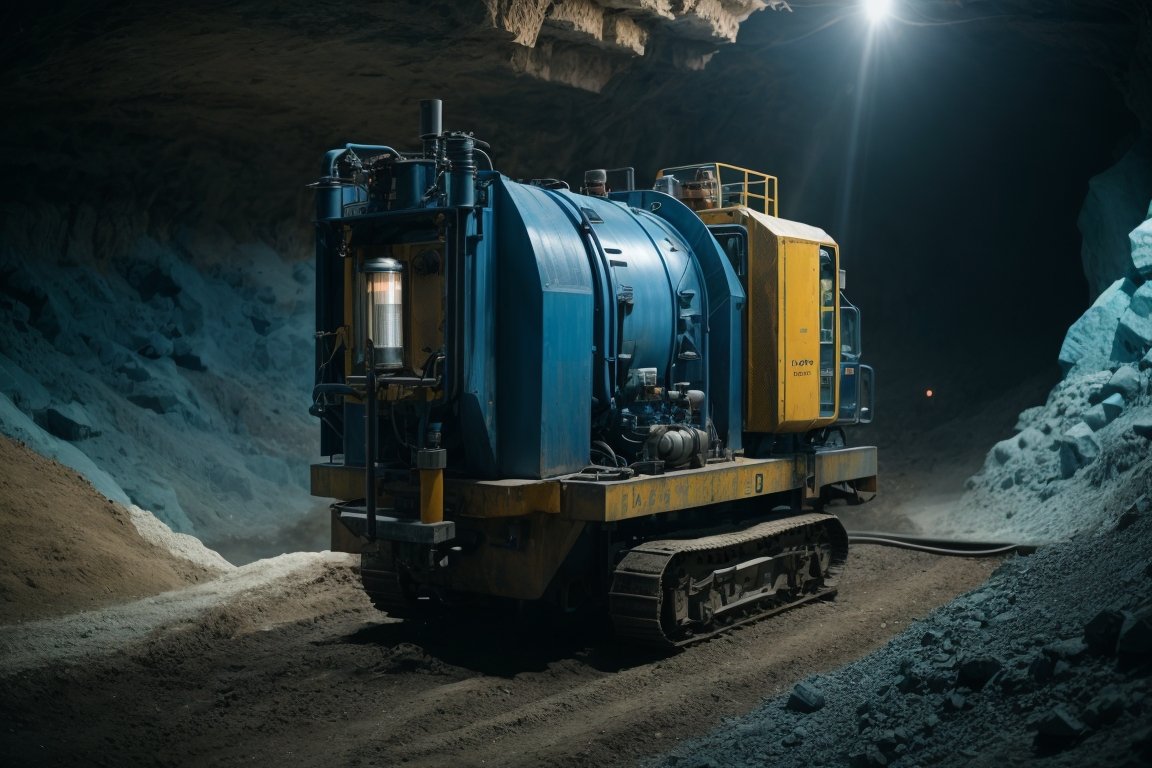The Future of Remote Sensing in Geological Exploration
AcePREX | Sep 15, 2024

The future of remote sensing in geological exploration is poised for significant advancements, driven by technological innovations that enhance data collection and analysis. Remote sensing employs satellite and aerial imagery to gather information about the Earth's surface, providing valuable insights into geological formations and mineral resources.
Emerging technologies such as high-resolution imaging, LiDAR, and hyperspectral sensors are improving the accuracy of geological mapping and mineral identification. These tools enable geologists to detect subtle changes in terrain, vegetation, and mineralogy that may indicate the presence of valuable resources.
Additionally, the integration of machine learning and artificial intelligence with remote sensing data is revolutionizing geological exploration. These technologies can analyze vast datasets quickly, identifying patterns and anomalies that may have been overlooked using traditional methods.
The application of remote sensing in geological exploration also enhances environmental monitoring, allowing scientists to assess land degradation, deforestation, and the impact of mining activities. As remote sensing technology continues to evolve, its role in geological exploration will become increasingly critical, facilitating more efficient resource management and contributing to sustainable practices in the industry.
Categories